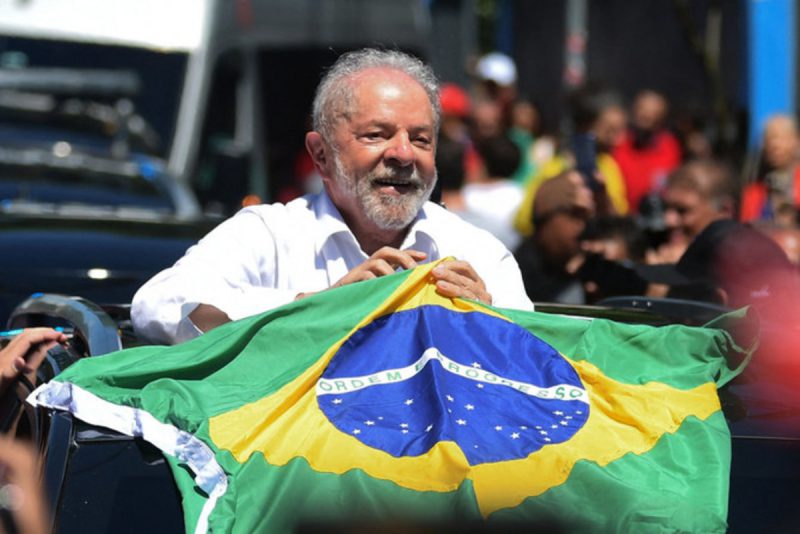On Wednesday, April 26, Brazil’s President Luiz Inácio Lula da Silva said that he supports the creation of a currency for trading between BRICS countries. Alongside Brazil, the bloc includes other four other countries—Russia, India, China, and South Africa.
Also Read: BRICS Are Developing a New Currency: State Duma Deputy Chair
It’s a known fact that BRICS nations are looking to create a new currency. Recently, Russian politician and Deputy Chairman of the State Duma, Alexander Babakov, revealed that the BRICS countries are working on the development of a new form of currency. The nations involved are expected to pitch ideas related to the same during the upcoming BRICS summit in South Africa.
In fact, just a fortnight back Lula urged the BRICS nations to come up with an alternative to replace the dollar in foreign trade. Questioning the dollar’s dominance, he asked,
“Why can’t an institution like the BRICS bank have a currency to finance trade relations between Brazil and China, between Brazil and all the other BRICS countries? Who decided that the dollar was the (trade) currency after the end of gold parity?”
Also Read: Yuan Surpasses U.S. Dollar in Chinese Cross-Border Transactions
Govt. will not privatize any public company: Lula
Leaving aside BRICS several other countries have been steering away from the U.S. dollar. As Watcher Guru reported today, the yuan surpasses the U.S. dollar in Chinese cross-border transactions.
It’s worth noting that the receipts of China’s local currency surged to a record high of 48% at the end of March from almost zero in 2010. In the same timeframe, the dollar’s share decreased from 83% to 47%. Several from the space including former U.S. President Donald Trump believe that China’s yuan will likely displace the U.S. dollar as the number one currency in the world.
Additionally, Brazil’s Finance Minister Fernando Haddad recently revealed that local currencies are already used by countries in bilateral trade. This is being done by using instruments like credit receipts. By doing so, countries intend to expand mechanisms that allow trade operations to be settled without a third currency. Haddad said,
“The advantage is to avoid the straitjacket imposed by necessarily having trade operations settled in a currency of a country not involved in the transaction.”
Lula also said that his government will not privatize any public company. Speaking during a trip to Spain, he once again urged for an expansion of the U.N. Security Council’s permanent members.
Also Read – China’s Yuan Will Likely Displace U.S. Dollar as the Number One Currency: Trump





